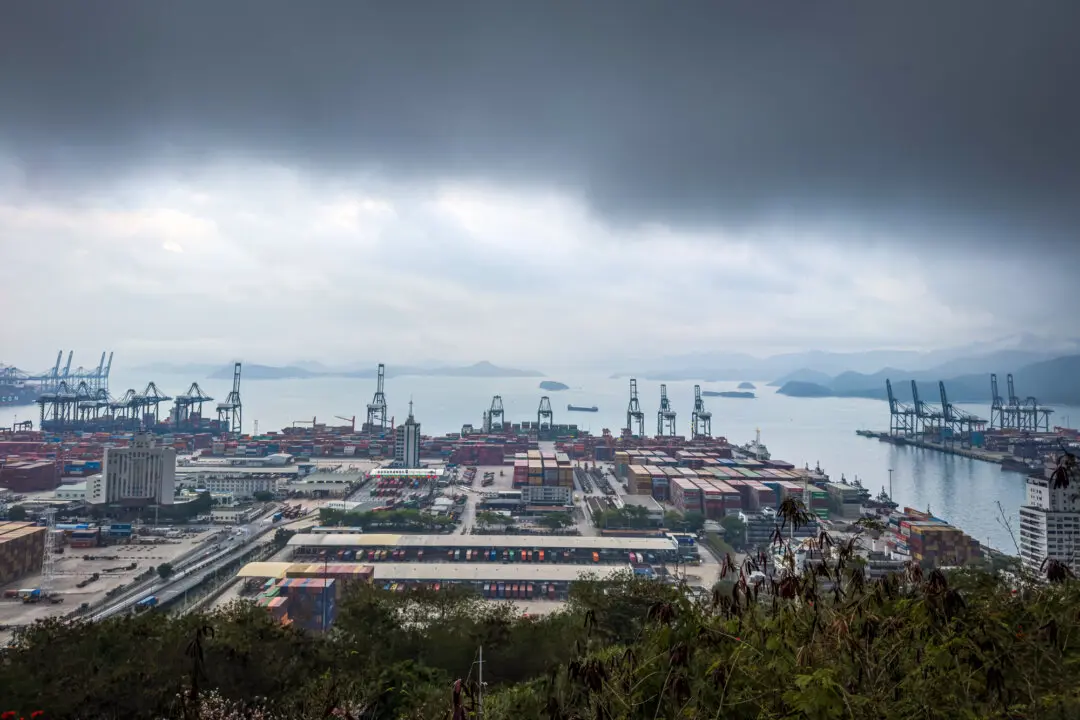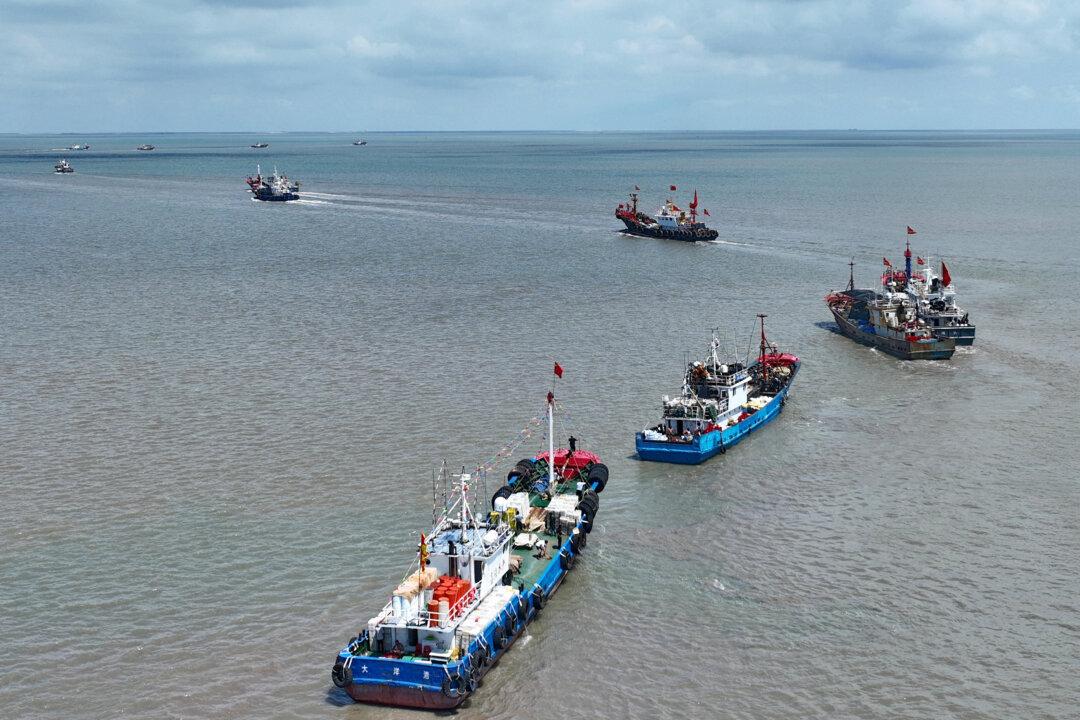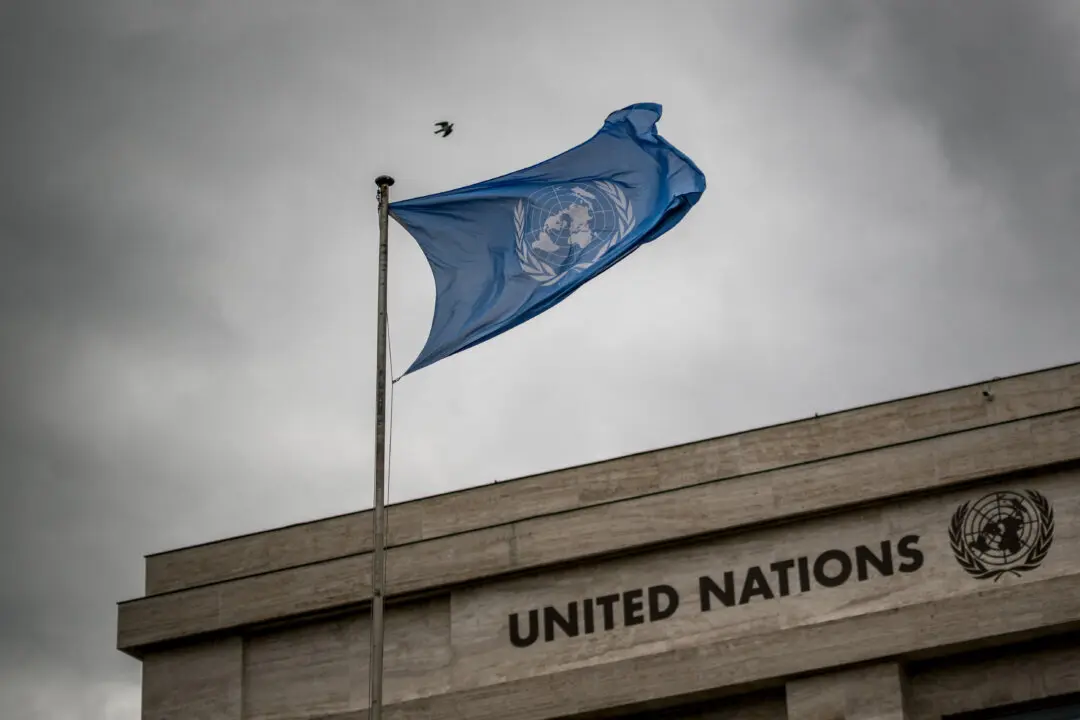Commentary
A New Chemical Order
China’s 2019 class-wide scheduling of fentanyl analogs was meant to stem the tide of synthetic opioids. It did, but only long enough for trafficking patterns to adapt. Instead of shipping finished fentanyl, Chinese companies began exporting the precursors, reagents, and pill presses that now fuel Mexico’s clandestine labs. The shift was structural: China’s chemical export regime, seeking options to boost industrial output, inadvertently subsidized the very inputs that cartels needed.According to the Congressional Research Service, U.S. focus has shifted from intercepting finished fentanyl to disrupting avenues of Chinese-sourced precursors and equipment. These inputs are now the backbone of North America’s synthetic opioid crisis.





